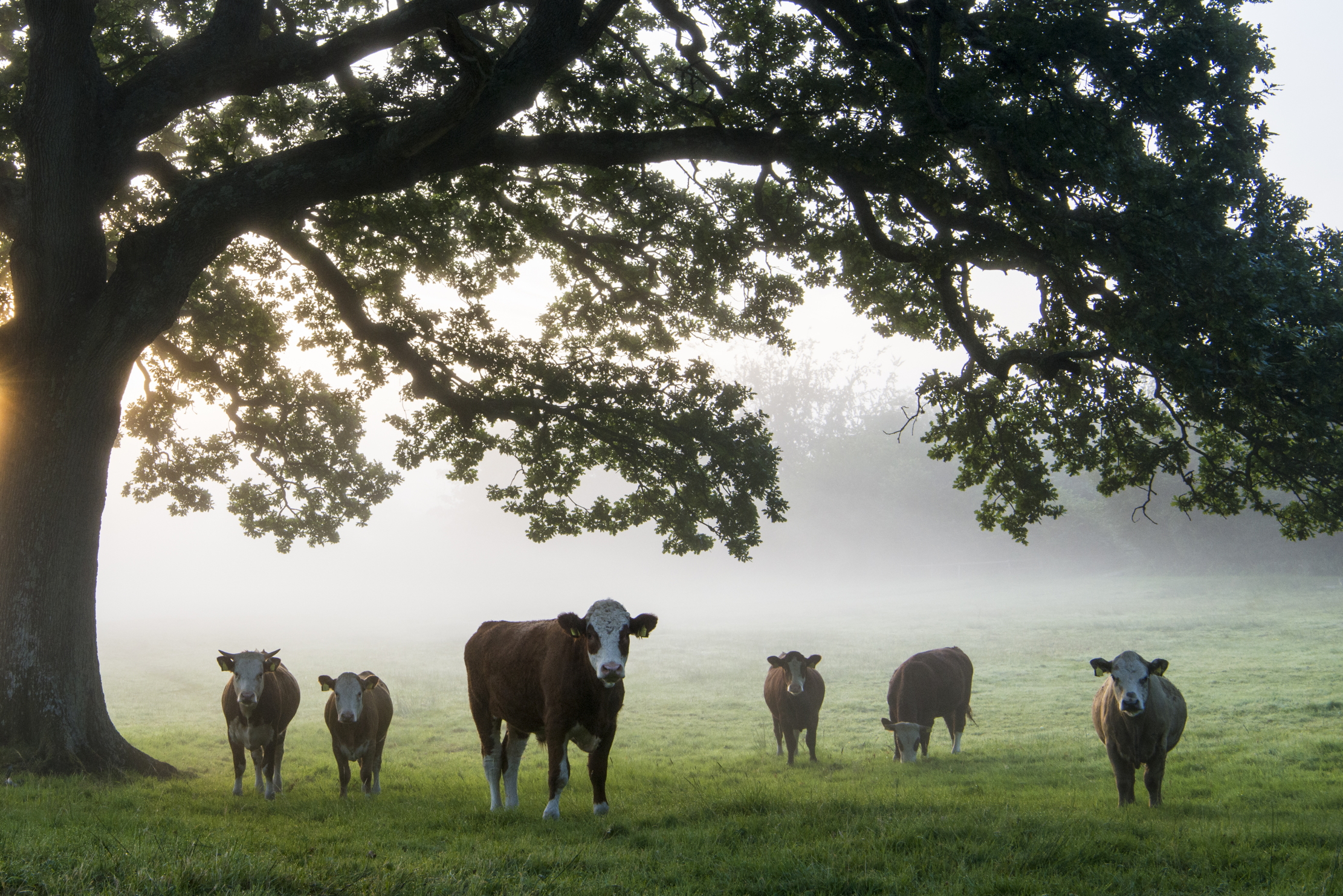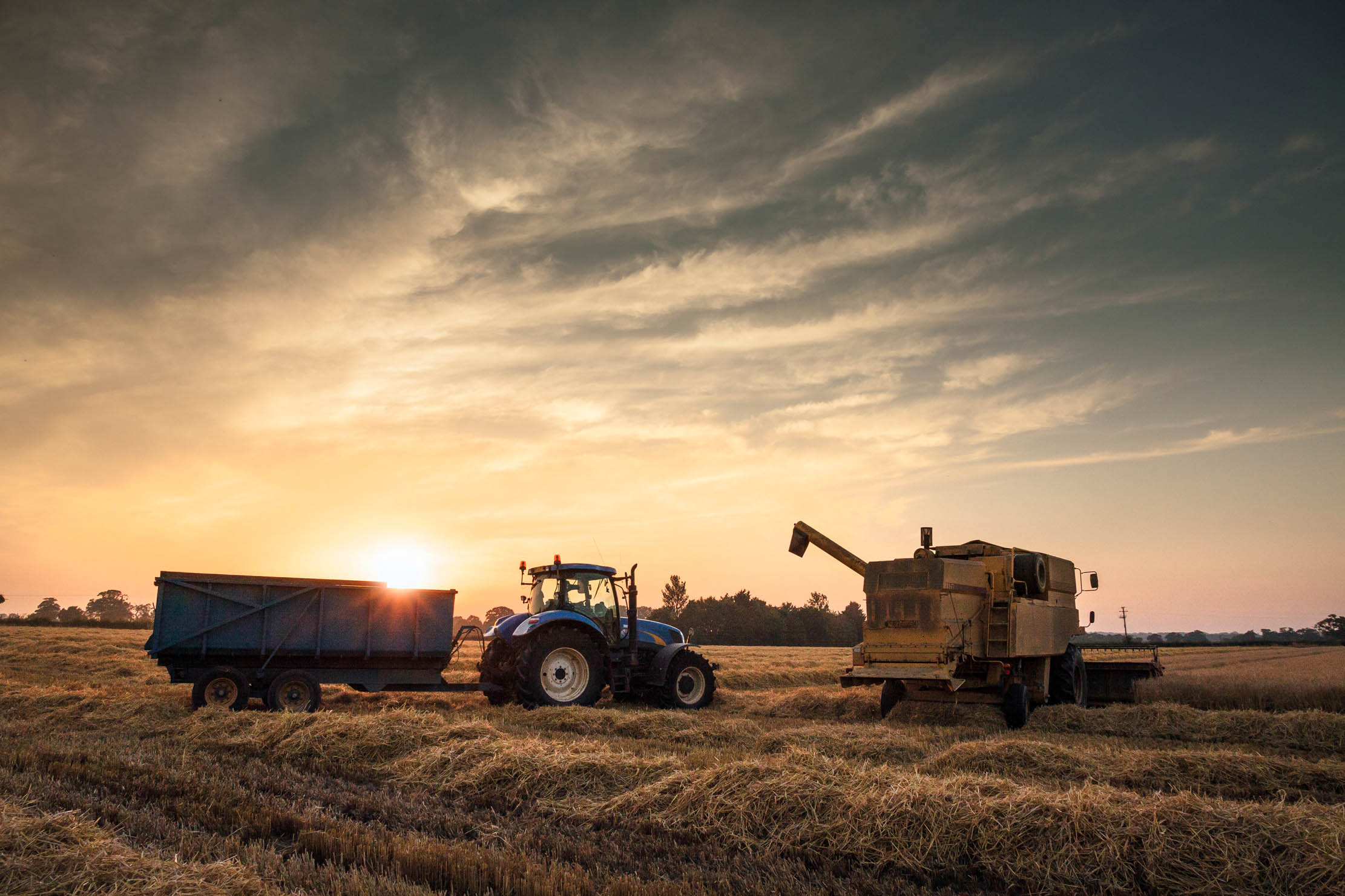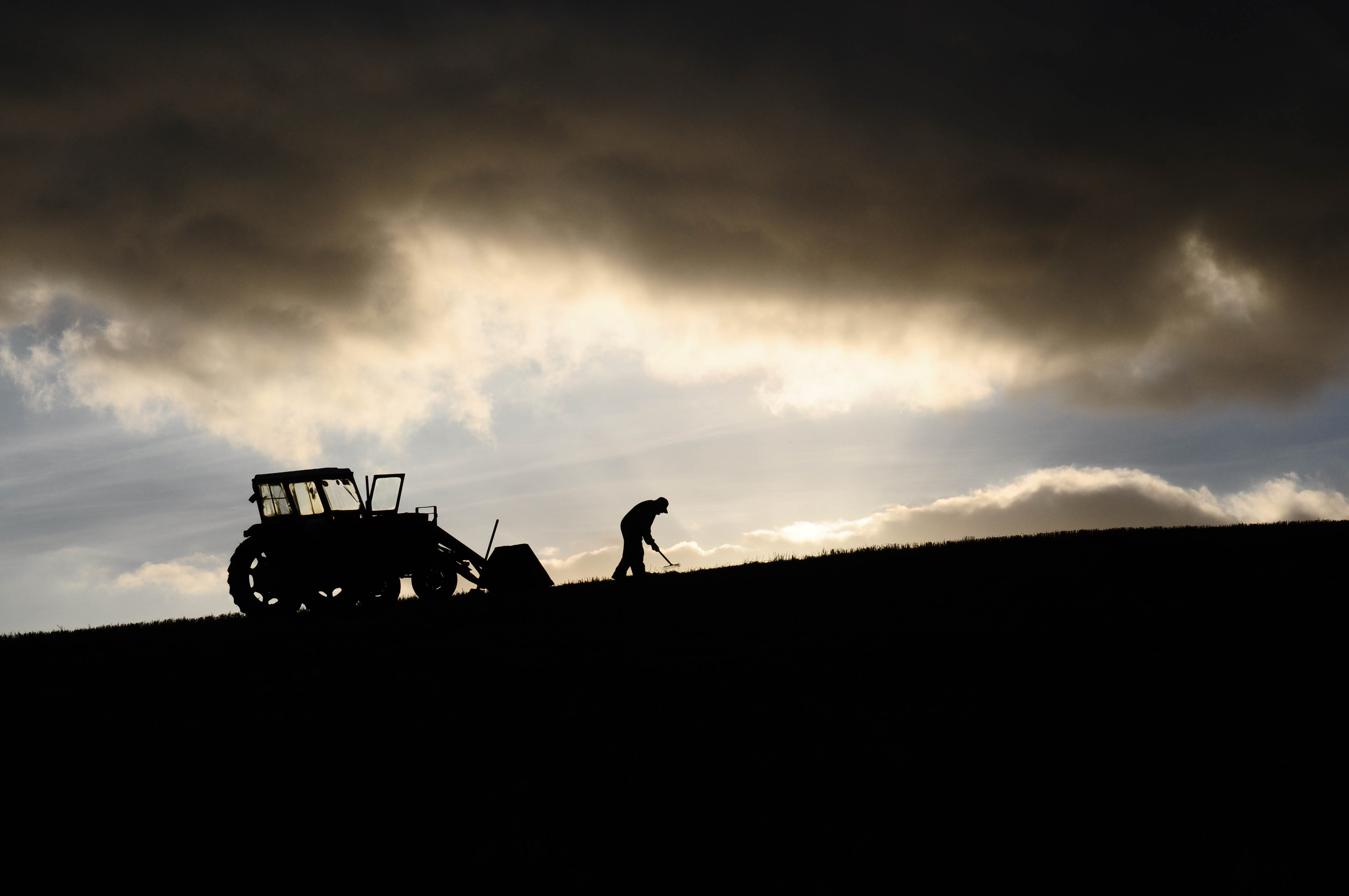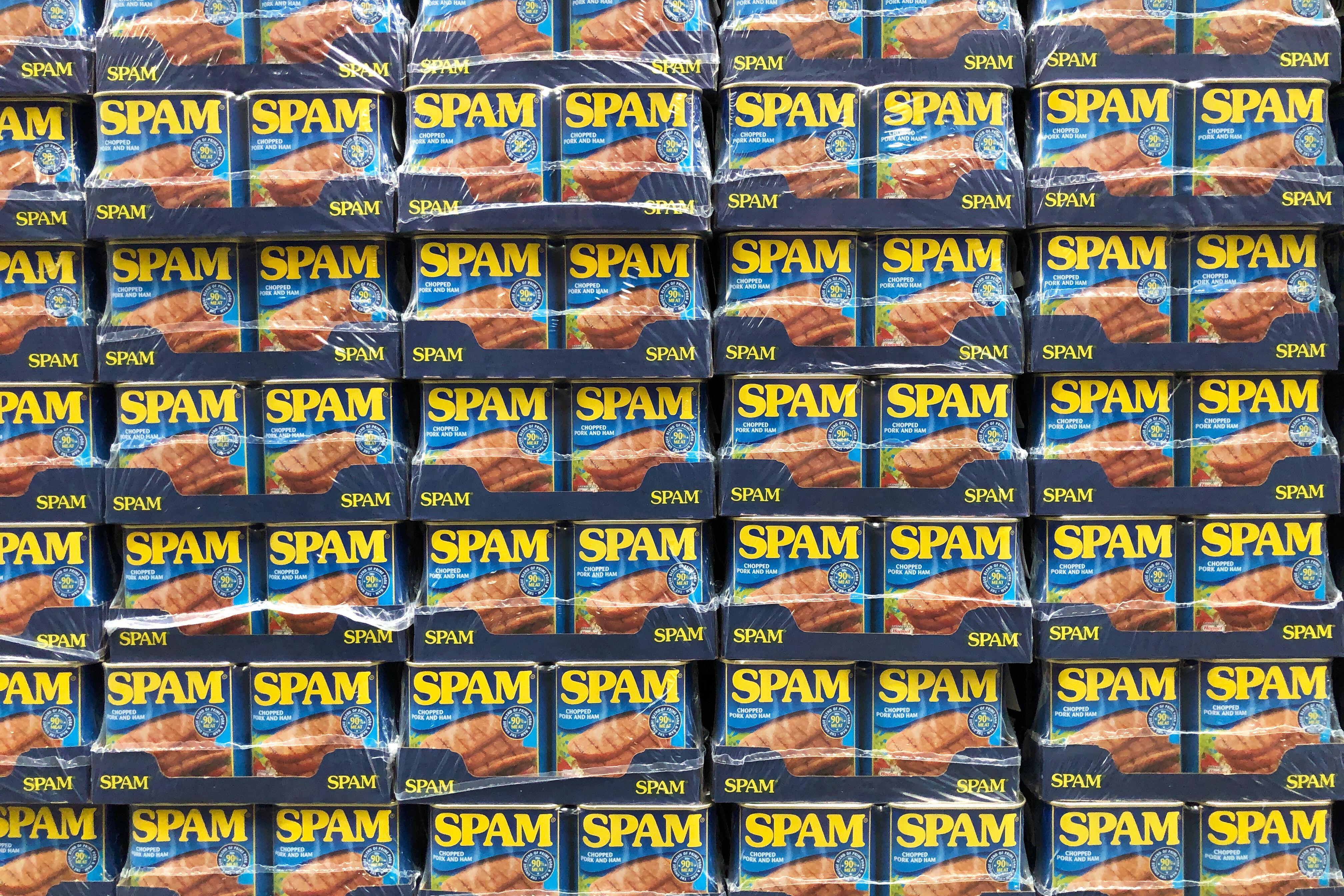'Milk, butter, eggs and honey provide a healthy variety with which industrially processed, plant-based food can’t compete'
Country Life's columnist Agromenes believes the tide of public opinion is turning against vegetarian and vegan alternative foods.


The past 12 months have been torrid for plant-based foods. Believing its own propaganda, the industry had expected to go from strength to strength until meat was a distant memory, only eaten in secret by a few remaining heretics — perhaps served blindfolded as for those who once dared to eat ortolan.
Instead, the industry’s hopes have come crashing down. Meatless Farm and VBites have called in administrators and Nestlé has closed that part of its business. Sales in the category fell by more than 6%.
So bad was the outlook that, last month, once fierce competitors gathered in London to see what could be done to revive their dreams. More than 40 manufacturers and major retailers came together to agree that plant-based foods need collaboration, a common platform and a campaign to tell customers that their products are both tasty and nutritious. They also agreed to reinvigorate campaigns, such as meatless Mondays.
'Plant-based businesses have never been able to resist appearing holier than thou'
What they failed to address were the fundamental issues. More and more customers have begun to doubt the basis of the industry’s self promotion. Vegans and vegetarians have long claimed the future of food as theirs. However, regenerative farming, worries about the nutritional value of meat and dairy alternatives, concern about ultra-high processed food and a growing interest in local production are all now charting a different, less absolute and authoritarian way forward.
Plant-based businesses have never been able to resist appearing holier than thou, so it’s been difficult for them to deal with the fact that the health of the plants upon which they depend requires exactly the kind of mixed farming about which they have been so superior. Regenerative farmers are increasingly showing that animal husbandry is an essential part of sustainable agriculture. We need cows and sheep to walk on arable land as they fertilise it.
If we want to revitalise the soil and recover the trace elements in salads and vegetables, we should embrace mixed farming, eschew herbicides and pesticides, reduce artificial fertilisers and, without stopping eating meat, eat less of it and better quality. Scientific advance is improving the health and reducing the carbon footprint of cows and sheep and the message of ‘less but better’ is getting through to a wider audience.
'However much the campaigners may dislike it, human beings are not herbivores'
The environmental and nutritional disadvantages of vegan alternatives have also been recently highlighted. Almond milk and soya milk are environmentally more damaging than properly produced cow’s milk. Oat milk is simply less nutritious and requires a kind of processing that is increasingly questioned.
Sign up for the Country Life Newsletter
Exquisite houses, the beauty of Nature, and how to get the most from your life, straight to your inbox.
Indeed, this questioning of methods of processing and the use of novel ingredients is a particular embarrassment to the plant-based zealots. Making these products ‘tasty’ often involves complex industrial processes using ingredients not found in the normal family kitchen. We don’t yet know whether these are damaging to health, but we do see a statistical link between ultra-high-processed foods and obesity and its attendant illnesses.
Behind these changes in perception is an even more fundamental consideration. However much the campaigners may dislike it, human beings are not herbivores. We have a digestive system designed for the mixed diet of the omnivore. Meat is a natural part of our diet and has an important place in our balanced nutritional needs. To that may be added our increasing wish to eat locally and support farmers and growers who contribute to our communities.
All of this makes plant-based alternatives seem a good deal less natural than the diet of the more fortunate of our forefathers. They ate less meat, but what they ate was better meat. The vegetables they grew were local and wholesome. Milk, butter, eggs and honey provided a healthy variety with which industrially processed, plant-based food can’t compete.

Credit: Getty
'The equation is inescapable. Our rich societies will simply have to pay the proper price for food'
Country Life's columnist Agromenes urges us to take a cold, hard look at the way we grow and consume food.

Millie Pilkington: Photographing dogs, movie stars and the Royal Family
Portrait photographer Millie Pilkington joins James Fisher on the Country Life podcast.

Credit: Getty
Jonathan Self: The peasants are anything but revolting
The people who worked the patchwork farms of Ireland until just a few decades ago are all but gone, laments

'From the first page until the last, I was in another country, another world... It was like falling in love'
'There is beauty and there is poverty, order and corruption' — Carla Carlisle on Karen Blixen and Kenya.
Country Life is unlike any other magazine: the only glossy weekly on the newsstand and the only magazine that has been guest-edited by HRH The King not once, but twice. It is a celebration of modern rural life and all its diverse joys and pleasures — that was first published in Queen Victoria's Diamond Jubilee year. Our eclectic mixture of witty and informative content — from the most up-to-date property news and commentary and a coveted glimpse inside some of the UK's best houses and gardens, to gardening, the arts and interior design, written by experts in their field — still cannot be found in print or online, anywhere else.
-
 'To exist in this world relies on the hands of others': Roger Powell and modern British bookbinding
'To exist in this world relies on the hands of others': Roger Powell and modern British bookbindingAn exhibition on the legendary bookbinder Roger Powell reveals not only his great skill, but serves to reconnect us with the joy, power and importance of real craftsmanship.
By Hussein Kesvani
-
 Spam: The tinned meaty treat that brought a taste of the ‘hot-dog life of Hollywood’ to war-weary Britain
Spam: The tinned meaty treat that brought a taste of the ‘hot-dog life of Hollywood’ to war-weary BritainCourtesy of our ‘special relationship’ with the US, Spam was a culinary phenomenon, says Mary Greene. So much so that in 1944, London’s Simpson’s, renowned for its roast beef, was offering creamed Spam casserole instead.
By Country Life